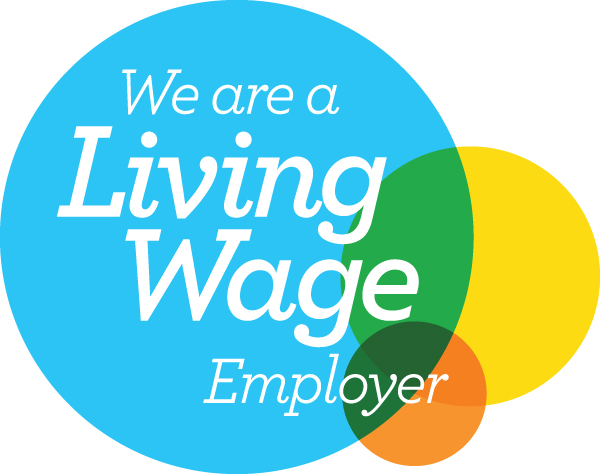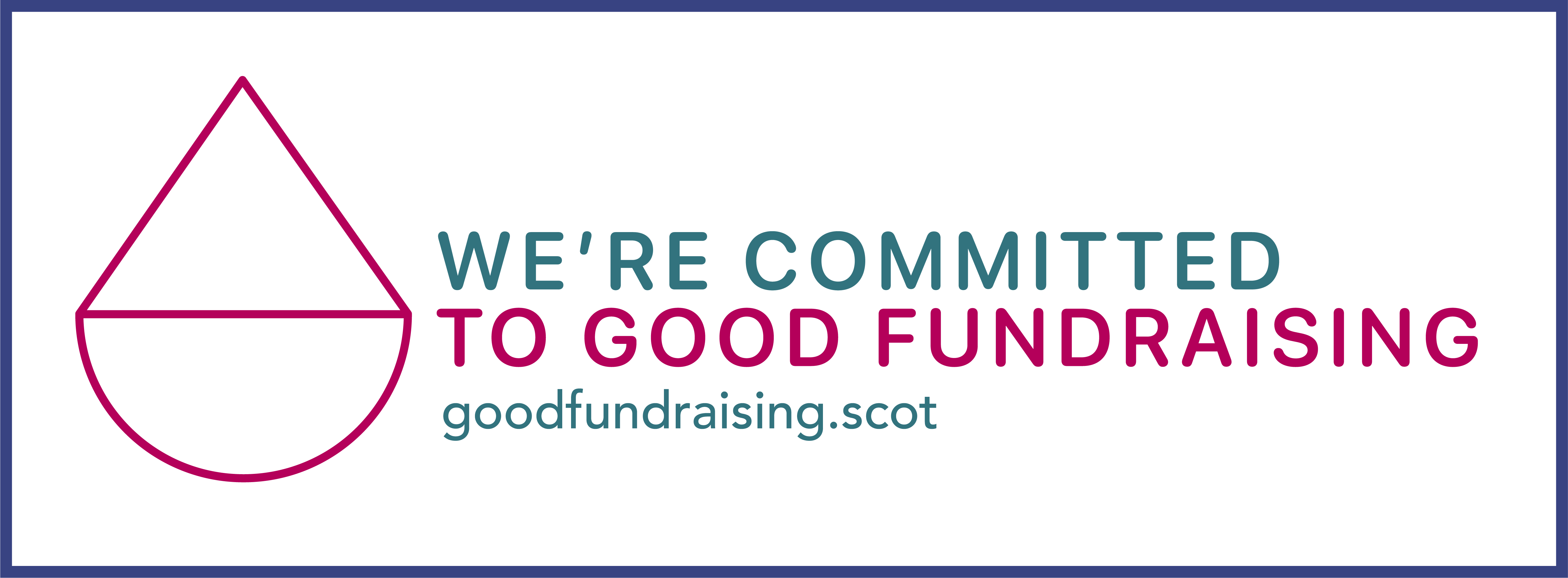Top 10 Theatre Superstitions
Here’s the top ten of how to stay safe in theatre people!
- Whistling backstage is considered taboo in the theatre. This superstition quite likely has its roots from the practice of hiring off-duty sailors to run the fly loft, because of their expertise with knots and raising and lowering sails. A signal system of whistles cued the sailors which meant that recreational whistling was banned to prevent it from accidentally being interpreted as a flyrail command which could have resulted in unfortunate events like a heavy batten falling on actors' heads. Even though cues are now relayed over radio, whistling in a theatre is still considered bad luck.
- It’s bad luck to say ‘good luck’, so stick to ‘break a leg’ or as the wonderful Matthew Kelly once suggested ‘don’t be shit!’. There are a number of possible origins of the phrase 'break a leg'. One theory has to do with the 'legs' of the theatre. In the theatre, a "leg" is a curtain, and a highly successful run with repeated curtain calls could wear out the fly machinery that raises and lowers the "leg" or curtain. "Break a leg" is way of expressing your wish that the audience demand so many curtain calls, that it "breaks" that "leg" or curtain.
- Flowers After a Performance. Who doesn’t love getting (and giving) a beautiful bouquet at a performance? But old school actors require their flowers after the curtain call—not before—claiming that a gift prior to the start causes a lacklustre show.
- No Peacock Feathers, Mirrors, Real Money, or Real Jewellery on Stage
These banned items are said to cause forgotten lines, broken set pieces, and more live-performance disasters. The “evil eye” of the peacock feather is blamed for cursing numerous productions, while mirrors are likely called “bad luck” because they interfere with the lights. As for real money and jewellery? These were originally discouraged in an attempt to prevent prop-table thievery. - Bad Dress, Good Opening. Wishful thinking or not, many stage actors swear that a bad dress rehearsal portends a great opening night. This superstition’s origins are unclear, maybe a producer or director trying to boost a cast’s morale, but it’s a comforting concept when the final dress goes south.
- No Wearing Blue. This traditional superstition may be less adhered to in modern times, but it has its practical roots in early theatrical costuming. Blue was the most expensive colored dye, and blue garments were put on stage at failing companies to trick the audience into thinking the producers were affluent. How to combat this indigo stigma? Add something silver to “prove” your wealth, and counter-balance the bad-luck-bearing shade.
- Don’t Say “Macbeth!” This has long been part of the actor’s folklore, and there are dozens of theories about when, where, and why performers started avoiding the play’s title—instead referring to the drama as “The Scottish Play.” Theatre folklore cites several instances of mysterious and sudden deaths during performances of “Macbeth,” suggesting a curse that dates back to the 17th century. Some believe that the play’s fictional incantations - “Double, double toil and trouble…” etc.,—are authentic examples of witchcraft, and therein lies the danger of speaking the title out loud. If an actor slips up and says the deadly phrase, there is an antidote: Exit the theatre, spin three times, spit, and utter a Shakespearean insult (or an equally vulgar profanity).
- The Rule of 3. The rule of three can have its good connotations: “third time is a charm”, the “comedic rule of three”, and “show me three ways to do that action.” But having three lit candles on stage ignites bad luck. Candles and flame are generally mistrusted in the theatre world because – hello – they cause fires. Hundreds of theatres have burnt down in the history of the theatre, a few of them on the site of the Festival Theatre.
- Exit with your best foot forward. When exiting a dressing room, it is believed that leading with your left foot is a sign of good fortune. Conversely, it is important for visitors to enter with their right foot forward.
- The Last Line. It has been considered bad luck to say the final line of a show before it opens. In addition, taking bows to an empty house is considered a bad omen. It is a tribute that the show is not complete without the audience.
Stories you might like

News
Wednesday 11 December 2024







